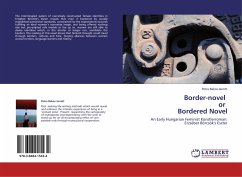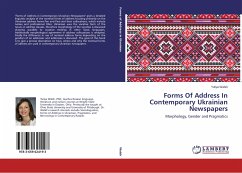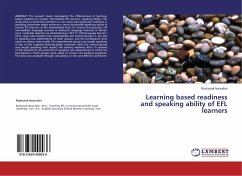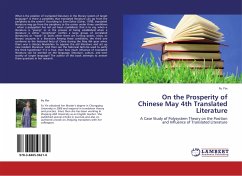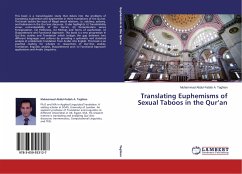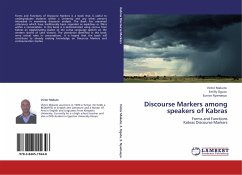The intermingled system of narratively constructed female identities in Erzsébet Börcsök's Eszter reveals that even if bordered by socially established patriarchal standards, constrained by the expectations towards fulfilling an ideal woman s normative image, and being offered nothing else but pre-empted role models to live up to, women are still able to devise identities which, in the shorter or longer run, annihilate the borders. The reading of this novel shows that feminist thought could travel through borders, cultures and time, forging alliances between women across frontiers, language barriers and history.
Bitte wählen Sie Ihr Anliegen aus.
Rechnungen
Retourenschein anfordern
Bestellstatus
Storno

